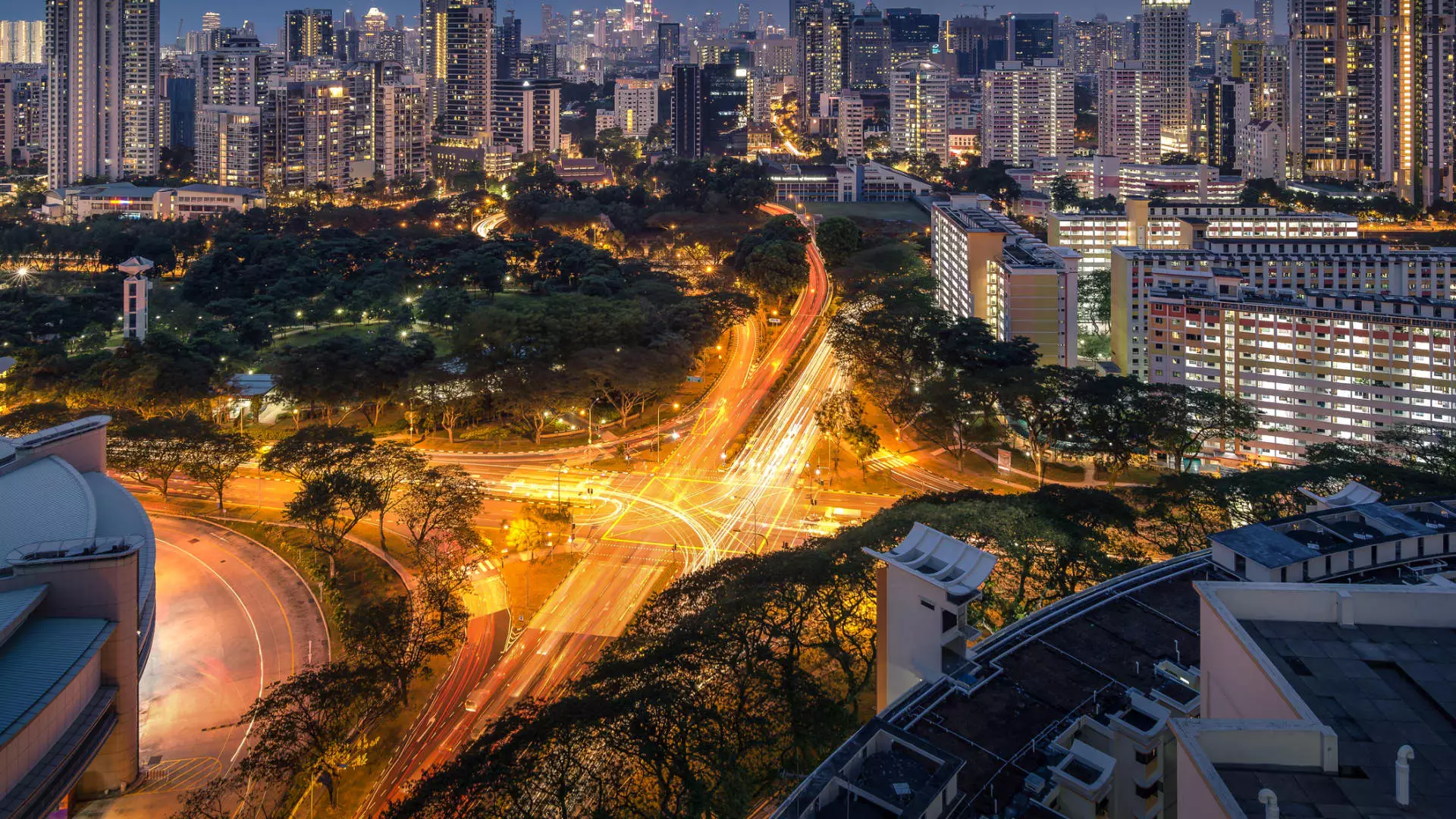The Singapore property market has recently experienced a noteworthy downturn, with private home prices dropping for the first time in five quarters, according to data released by the Urban Redevelopment Authority (URA). This decline of 1.1% in the price index last quarter not only halted the upward trajectory observed throughout most of 2023 but also reflects a broader shift in buyer sentiment influenced by external economic factors. In contrast to the 3.9% growth recorded in 2023, the overall increase for the first three quarters of 2024 is a mere 1.1%, signaling a significant slowdown in market momentum.
Several key factors contribute to this downturn, with a notable decline in sales transaction volumes serving as a primary indicator. A drop of approximately 11% in transactions from the previous quarter coalesces with an overall 8.1% decrease from last year, suggesting that prospective buyers are adopting a more cautious approach to property acquisitions. The hesitation among buyers appears to be linked to the anticipated actions of the U.S. Federal Reserve regarding interest rates, as many potential homebuyers opted to delay their purchases, hoping for more favorable conditions.
Despite maintaining relatively sound macroeconomic conditions, Singapore’s housing market remains sensitive to geopolitical tensions and fluctuations in global interest rates. The URA has noted the prevailing uncertainty in economic outlooks, which could further sway public sentiment and affect purchasing decisions in the real estate sector. While the expectation of interest rate cuts by the Fed might have triggered a temporary pause among buyers, local mortgage rates are still projected to remain high compared to the unprecedented lows of the past decade. Thus, the URA’s advisory for prudence in taking on mortgage loans becomes increasingly relevant for households contemplating property investments.
On a contrasting note, the resale prices of Housing and Development Board (HDB) flats have shown resilience, rising by 2.5% in the third quarter alone, with volumes skyrocketing by 20% quarter-on-quarter. This robustness in the public housing market seems to point toward a dichotomy within Singapore’s real estate landscape, where public properties may be seeing strengthened demand despite the softening market for private homes. Notably, the government has actively intervened by instituting measures aimed at cooling public housing prices, indicating a strategic approach to maintain balance and stability in the real estate sector.
While Singapore’s private home market grapples with a downturn due to economic uncertainties and shifting buyer behaviors, the concurrent performance of the public housing sector underscores the complexity of the overall property ecosystem. As the URA prepares to release more comprehensive statistics on property transactions and pricing on October 25, stakeholders in the market are left to navigate this evolving landscape with caution. The proactive stance adopted by local authorities to monitor market conditions will be crucial in fostering a sustainable real estate environment moving forward.

